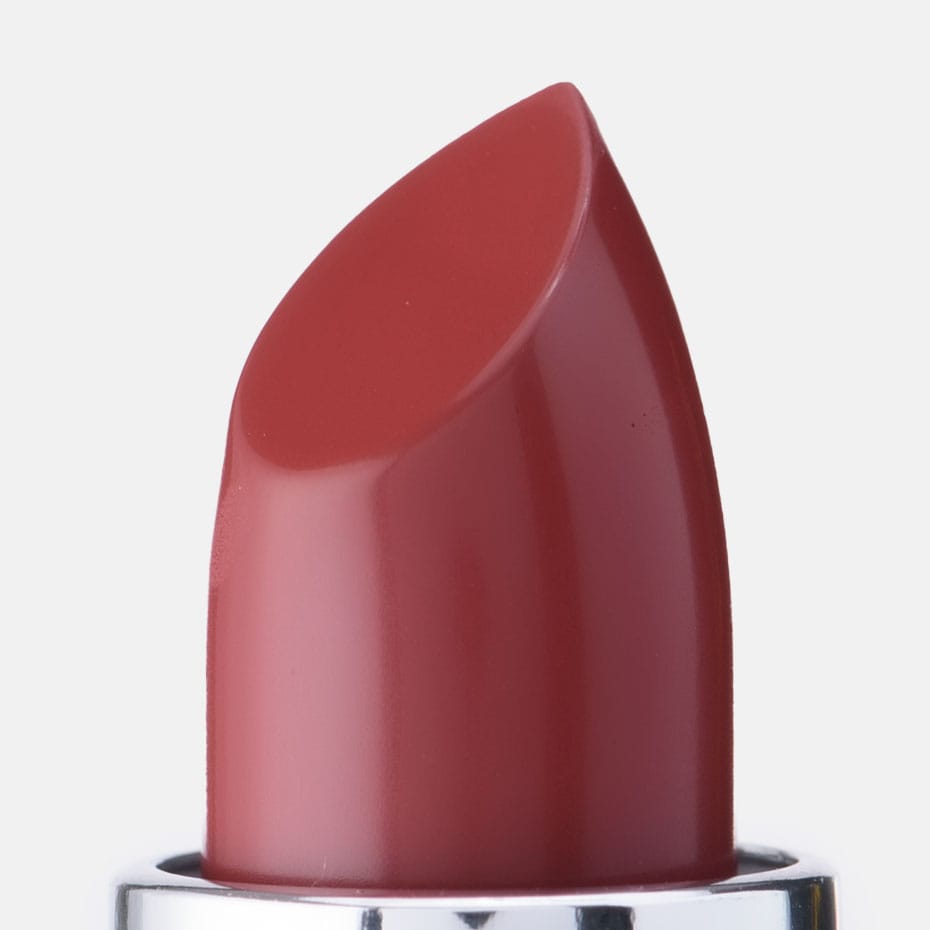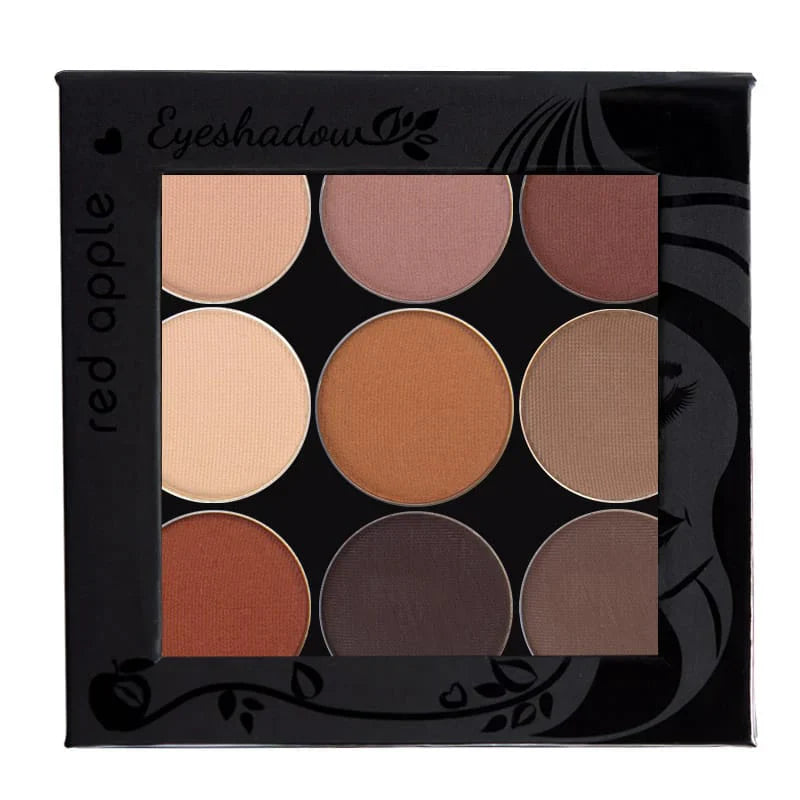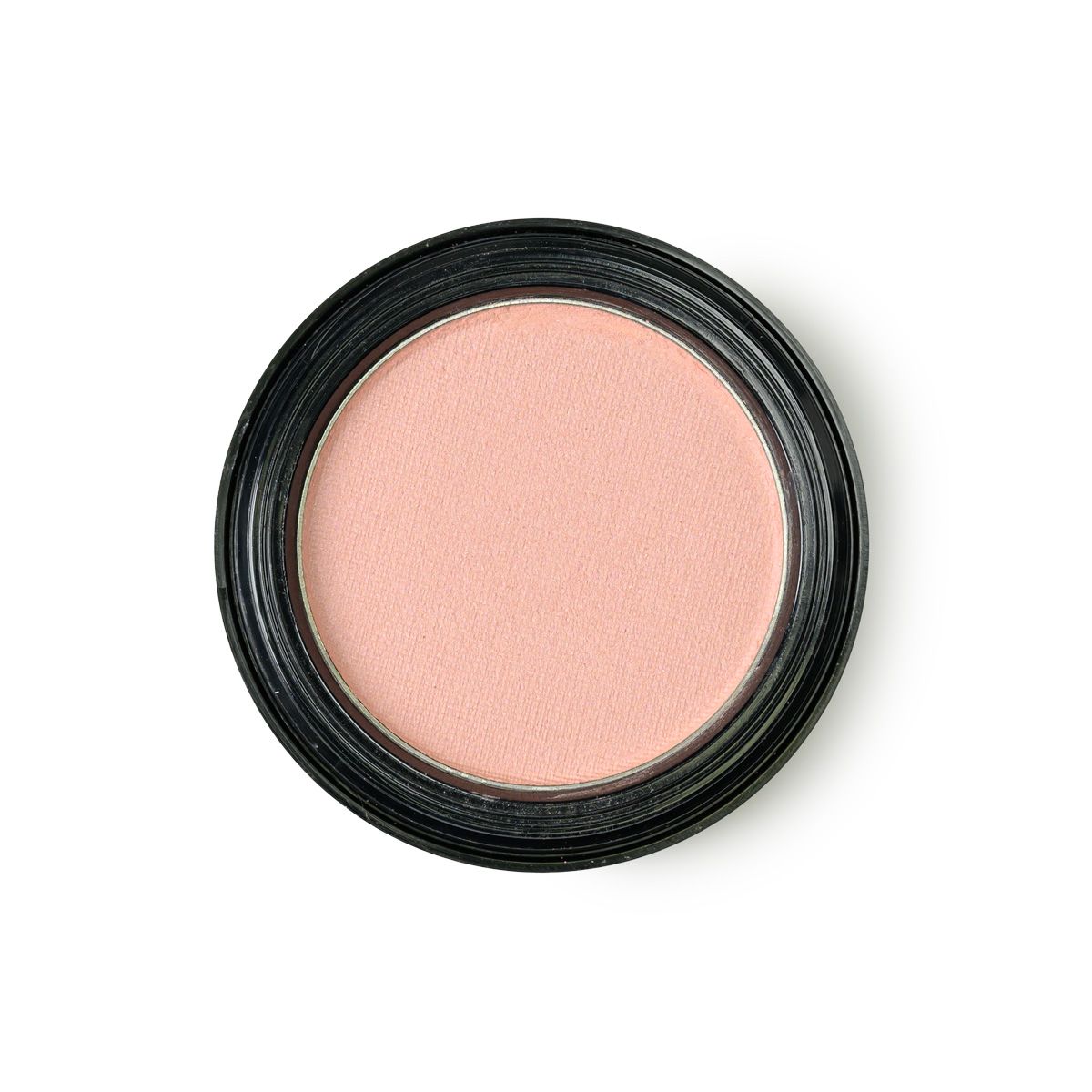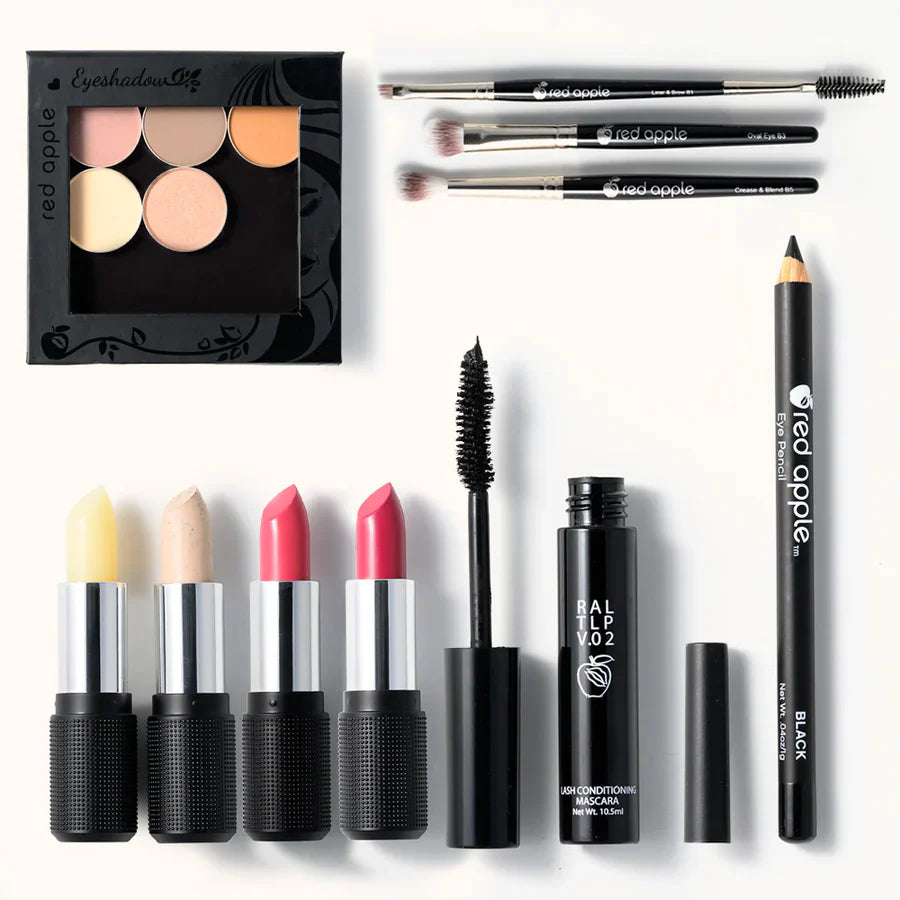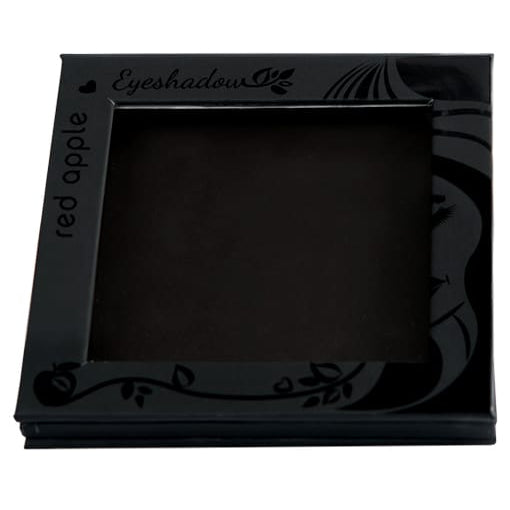There's a reason why makeup artists always disinfect and sanitize makeup, makeup brushes, and their makeup kits. Makeup can grow harmful bacteria, especially when shared.
Sanitation practices are crucial for a professional makeup artist to keep tools and products clean and prevent cross-contamination. The top priority is to keep clients safe from bacterial infections, such as eye infections or pink eye.

Your personal makeup might not be used by others, but bacterial growth can still occur in products used frequently. Good makeup hygiene keeps products clean and sanitary, helping to extend their shelf life.
Our Best 9 Tips for Good Makeup Hygiene
Here are some top tips from Red Apple Lipstick to maintain makeup hygiene and prolong product shelf life, saving you money.
1. Start with a Clean Face
Always apply makeup on cleansed skin to prevent dirt and bacteria from clogging pores and reducing cross-contamination.

2. Wash Your Hands Before Applying Makeup
To avoid transferring germs to your face and products, wash your hands before applying skincare or makeup.
3. Close Your Makeup Products
Close products tightly to prevent bacteria entry, keeping air out and extending product life.
4. Store Properly
Store products at room temperature in a dry area. Avoid bathrooms and cars, as heat and moisture encourage bacteria growth.

Store in a cool, dry area.
5. Wash Makeup Brushes and Tools Regularly
Regularly clean brushes and tools to prevent bacterial buildup. Deep clean every two weeks with gentle soap and water, replacing sponges every 2-3 months.
Check out this video for a guide on brush cleaning:
6. Sharpen Eye and Lip Pencils Often
Sharpen makeup pencils before each use to remove bacteria.
7. Inspect Your Products and Check Expiration Dates
Check expiration dates and look for signs of expiry: bad odor, texture changes, separation, or pigmentation changes.
Learn more in our Expiration Guide.
8. Do Not Share Your Makeup
Avoid sharing makeup to prevent bacterial spread, especially eye and lip products. Request disinfection at makeup counters before testing products, and use disposable applicators.

9. Always Remove Your Makeup at Night
Remove makeup before bed to prevent dry skin, clogged pores, and breakouts. For tips, see 4 Great Makeup Removal Tips.
Is Sanitizing Makeup Necessary for All Products?
If you’re the only user, regular sanitizing may not be essential. However, occasional disinfection can help prevent bacteria buildup.
Disinfect powder products by spraying with isopropyl alcohol and allowing them to air dry. For solid products like lipsticks, wipe off the top layer and spray with alcohol.
Frequently Asked Questions
How do you avoid cross-contaminating makeup?
Apply makeup with clean hands on a clean face, clean brushes regularly, and avoid sharing products, especially eye and lip products.
How do makeup artists sanitize?
Artists often use 70% isopropyl alcohol to disinfect makeup by spraying it directly.
How do you clean makeup powder?
Spray powder products with isopropyl alcohol and allow them to air dry, or scrape off the top layer before spraying.
How often should you clean your makeup?
Clean brushes and tools every two weeks. For products, it depends on the item and your concerns about bacteria buildup.

